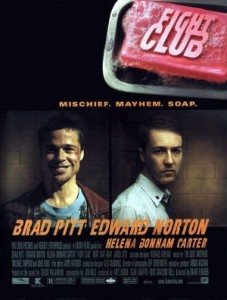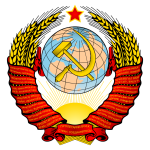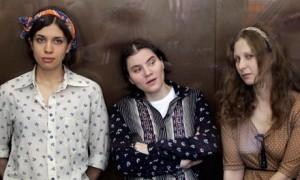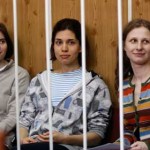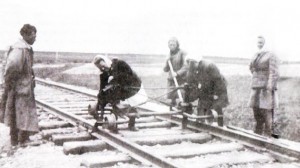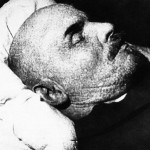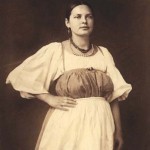The plan is for an online History debate between Little Heath and Sir Henry Floyd. It will be done through posting comments to this post.
The aim is to get you really thinking about how to construct analytical and powerful arguments in as few words as possible.
The rules.
Obviously the first rule of Fight Club is that you do not talk about Fight Club. The second rule is also that you do not talk about fight club. However the third rule is that each school will get two posts of no more than 200 words. Credit will be given for the power of your arguments and evidence deployed (you should aim to interact with it where it is appropriate).
The timeline will be as follows.
30th September – The title is released (Little Heath will argue for the motion and Sir Henry Floyd against it).
The week starting the 1st October – Little Heath have a week to make their first post in favour of the motion.
The week starting the 15th October – Sir Henry Floyd have a week to put their first post against the motion.
The week starting the 22nd October – both schools have a week to post a rebuttal of the other school’s argument.
Over half term – Judging to take place.
Enjoy…
Mr Kydd
DEBATE TITLE
To what extent is it correct to suggest that Alexander II deserves his reputation as the Tsar Liberator ?

